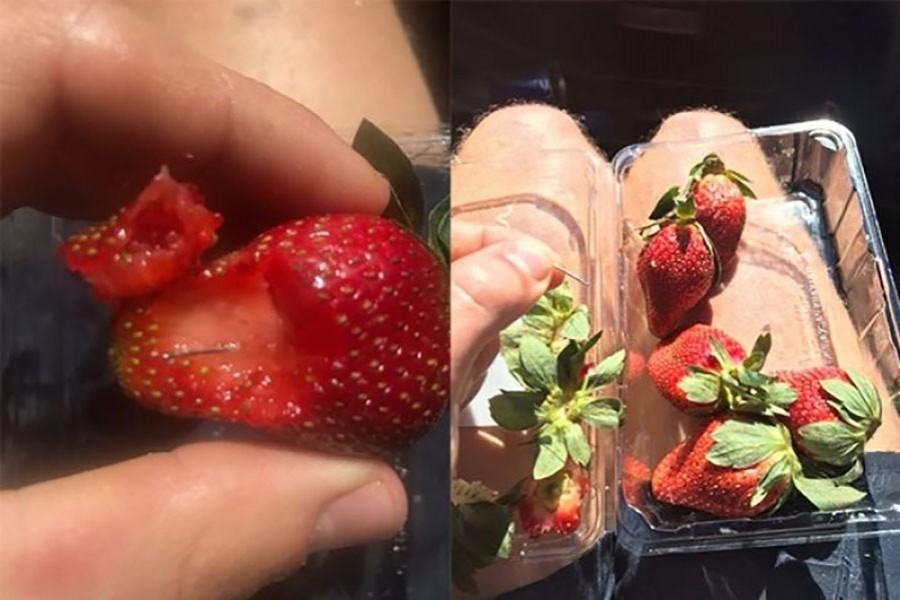Continuous increase in the production of foreign fruits and vegetables in the last two decades deserves particular appreciation. Prior to the unexpected rise in these yields, the fruit and vegetable production in the country remained limited to a few specific crops. Those have been growing in the country for ages. Few in the farming and research communities were found bothering about growing newer types of vegetables and fruits. Whatever innovations were made by the research institutes centred on high-yield rice and those resistant to different natural adversities. This has helped Bangladesh attain self-sufficiency in rice. In the sector of agriculture, the phenomenon has turned out to be an outstanding development. Likewise, the widening production of new types of fruits and vegetables has eventually emerged as an agricultural turning-point, if not a great achievement.
Urban fruit corners and kitchen markets nowadays remain flooded with myriad types of exotic fruit and vegetable varieties not seen in the country before. Earlier, most of them would be imported from outside. Now they are grown in the country. In the past years, farmers were seen overcoming their inhibitions about these crops. Watching their increase in production coupled with good market response, enterprising farmers have switched over to the full-time cultivation of fruits. Foreign fruit orchards now dot the whole country -- from different varieties of grapes to 'malta', strawberries, rambutan, almonds and Thai papayas. Thai guavas have almost replaced the local varieties. That the country will one day grow quality dates originally indigenous to the Gulf countries comes up as a surprise; so are the cases with pears, longan, avocado, apricot etc. Cross-bred jujube has greatly enhanced the variety of the country's newly grown fruits. Many quarters feel it's high time the authorities started giving serious thought to tapping the export potential of these fruits.
When it comes to foreign fruits, some of their Bangladesh varieties have impressively proved to have become popular with the middle and upper-middle class people. Botanists, expert researchers and growers believe that with their large-scale production and easy availability, the general people will most likely opt for fruits. No fruits can remain foreign or exotic to a country for long. At one time they can become native to a different land. Except mangoes, jackfruits, bananas, pineapples and the local variety of oranges, few fruit and vegetable species purely belong to this soil. Through the ages new varieties have been brought to this land by travellers and preachers. Fruit trees grew from their seeds. Some were carried by the flood-currents from upstream countries, some by birds.
In the case of Bangladesh, the magic lies with the extraordinary quality of the land's soil. To speak in brief, this deltaic alluvial soil has for ages played host to numerous species of plant life. Apart from major crops like paddy, wheat and jute, the country's soil has embraced and nurtured fruits and vegetables from other climes. Like paddies, many local fruits and vegetables have gone extinct making way for new-generation varieties. Their future lies with an atmosphere conducive to their unhindered growth.


